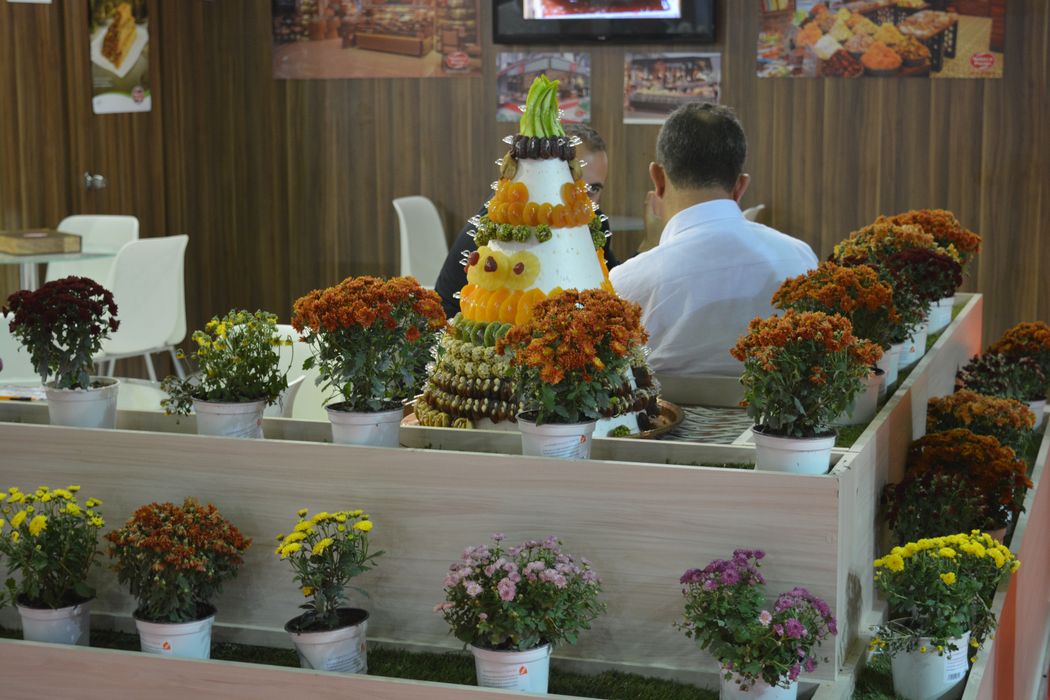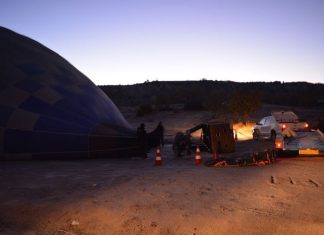On the way there are many trees [baobabs], and these trees are of great age and girth; a whole caravan may shelter in the shade of one of them. There are trees which have neither branches nor leaves, yet the shade cast by their trunks is sufficient to shelter a man. Some of these trees are rotted in the interior and the rain-water collects in them, so that they serve as wells and the people drink of the water inside them. In others there are bees and honey, which is collected by the people. I was surprised to find inside one tree, by which I passed, a man, a weaver, who had set up his loom in it and was actually weaving.
A traveller in this country carries no provisions, whether plain food or seasonings, and neither gold nor silver. He takes nothing but pieces of salt and glass ornaments, which the people call beads, and some aromatic goods. When he comes to a village the womenfolk of the blacks bring out millet, milk, chickens, pulped lotus fruit, rice, “funi” (a grain resembling mustard seed, from which “kuskusu” [couscous] and gruel are made), and pounded haricot beans. The traveller buys what of these he wants, but their rice causes sickness to whites when it is eaten, and the funi is preferable to it.
Ibn Battuta reaches the Niger river, which he mistakenly believes to be the Nile
The Nile [actually the Niger] flows from there down to Kabara, and thence to Zagha. In both Kabara and Zagha there are sultans who owe allegiance to the king of Malli. The inhabitants of Zagha are of old standing in Islam; they show great devotion and zeal for study.
Thence the Nile [Niger] descends to Tumbuktu [Timbuktoo] and Gawgaw [Gogo], both of which will be described later; then to the town of Muli in the land of the Limis, which is the frontier province of [the kingdom of] Malli; thence to Yufi, one of the largest towns of the negroes, whose ruler is one of the most considerable of the negro rulers. It cannot be visited by any white man because they would kill him before he got there.
A crocodile
I saw a crocodile in this part of the Nile [Niger], close to the bank; it looked just like a small boat. One day I went down to the river to satisfy a need, and lo, one of the blacks came and stood between me and the river. I was amazed at such lack of manners and decency on his part, and spoke of it to someone or other. [That person] answered. “His purpose in doing that was solely to protect you from the crocodile, by placing himself between you and it.”








